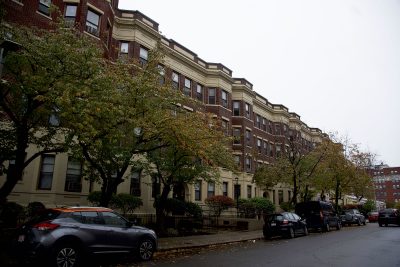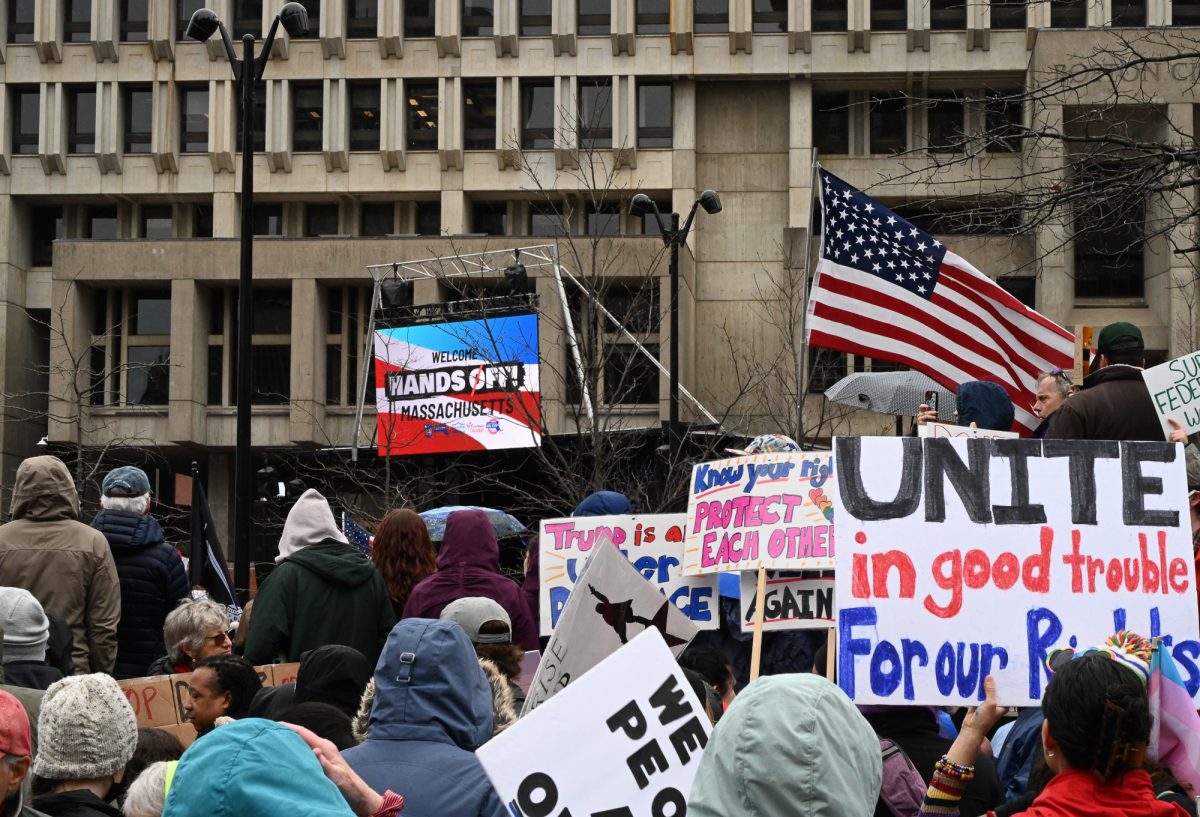Boston is giving $3 million in City funds to help residents who are at risk of losing their housing pay their rent during tough economic times caused by the coronavirus.
Applications for income-eligible residents became available Monday, and Friday is the last day to apply.

Mayor Marty Walsh said in a press release that COVID-19 is a crisis of unprecedented scale in many residents’ lifetimes, and that all levels of government should extend their resources to help those most disadvantaged.
“We understand that this resource is critical to have in place not only for economic reasons,” Walsh said, “but also to protect the public health.”
The fund would help support people who can’t receive extended unemployment benefits or whose unemployment benefits would constitute a severe reduction in their normal income. Eligible applicants must earn less than $72,000 annually for a two-person household, which is 80 percent of Area Median Income, according to the press release.
Residents can receive up to $4,000 in financial assistance from the program. In order to get funds, applicants should not have any financial support from others, including relatives. They must also certify that they do not have savings to meet their needs.
The amount they would receive will be determined in part by potential sources of income, such as expansion of unemployment benefits or the lump sum federal relief payment many households will receive.
The Office of Housing Stability, which manages the Rental Relief Fund, partnered with two non-profits, the Neighborhood of Affordable Housing and Metro Housing Boston.
More than 2,000 residents applied within 24 hours of applications opening, according to a City official. Most of those who applied are people who recently lost their jobs.
Yet some who are still employed and do not need help yet might have to seek these funds in the future if they are laid off, she said.
“It’s a big investment for the City of Boston,” the official said.
Kathy Brown, coordinator of the Boston Tenant Coalition, wrote in an email that the fund is “great,” but will only go so far.
Brown wrote that BTC’s primary policy focus is advocating for a statewide moratorium on evictions.
“Groups nationally and locally are looking [at] a rent freeze for folks who are impacted, as they will not be able to pay back rent if unemployed,” Brown wrote. “Groups are also looking at that for impacted homeowners and their mortgages.”
Also providing relief in Boston is another fund specifically for nonprofit organizations who work to help vulnerable populations: the COVID-19 Response Fund at the Boston Foundation.
Ted McEnroe, senior communication and digital media director of TBF, wrote in an email the fund has raised more than $4 million in donations and has handed out about $825,000. He wrote the fund distributes $400,000 to $500,000 in grants per week.
“We’re giving operating support grants to nonprofits who are working with folks who are facing hardships from the pandemic,” McEnroe said in a phone call interview. “We’re working hard to raise funds and continue as long as possible.”
One Boston resident, 21-year-old Felix Phillips of Allston, said he appreciates the fund because his mother owns a small business and is feeling the toll of the pandemic’s effects.
“People are suffering right now,” Phillips said, “and the least the city can do is help us get through these next couple months.”

























































































































